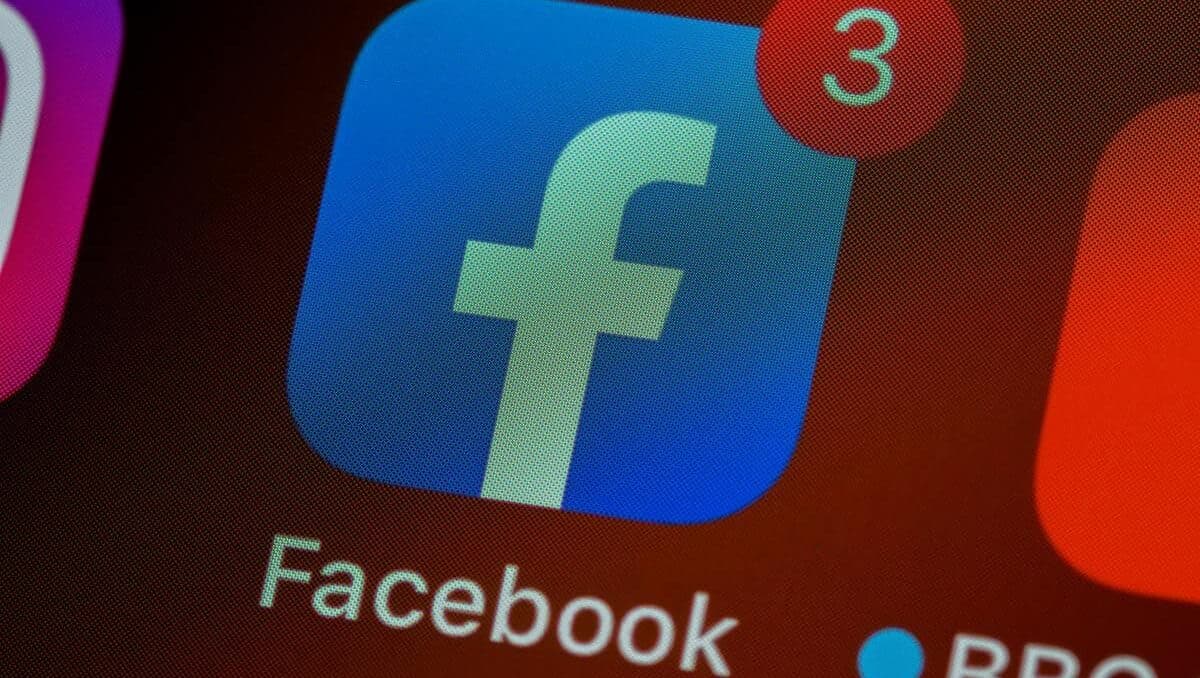After quite the bumpy journey, the Australian Government’s proposed media bargaining code has officially been cleared by the federal government, passing through both the senate and the house of representatives to become law.
The final green light needed to pass the code came from the parliament’s lower house, agreeing to the code’s amendments made following negotiations with Facebook and Google.
The News Media and Digital Platforms Mandatory Bargaining Code will now force media and tech giants to pay news companies to use their news content.
The major development comes days after Facebook agreed to backtrack its controversial ban of sharing/posting news on the platform across Australia. And Google, following a threat to leave Australia entirely, began entering deals with Australia’s news media giants, beginning with Seven earlier this month.
“This is a significant milestone,” Federal Treasurer Josh Frydenberg tweeted.
“This legislation will help level the playing field & see Australian news media businesses paid for generating original content.”
Facebook vs, Australia: Who won?
Following the Facebook news debacle, there remains speculation as to which side succumbed to the other: Zuckerberg’s company or the Australian Government. The latter put forth technical concessions during the negotiations that changed the code from being applied automatically and extended the length of time allowed for payment negotiations.
“Going forward, the government has clarified we will retain the ability to decide if news appears on Facebook so that we won’t automatically be subject to a forced negotiation,” Campbell Brown, VP, Global News Partnerships, said in a Facebook blog post.
Meanwhile, Australian Competition and Consumer Commission (ACCC) Chairman Rod Sims called the code’s passing a win for the Government and said the tweaks to the code were ultimately insignificant to the goal.
“The changes the government’s done are things that either don’t matter much or are just to clarify things that, at least in Facebook’s mind, were unclear,” Mr Sims told Reuters.
“Whatever they say, they need news. It keeps people on their platform longer. They make more money,” he said.
Will the money be used wisely?
There is also concern that the big deals media companies are making with giants such as Google will ultimately not boost the journalism industry – as the proposal intends.
The Media, Entertainment & Arts Alliance (MEAA) is calling for transparency regarding how the media outlets use the influx of funds coming from deals. Google and Nine, for example, agreed on a five-year $30 million-a-year cash deal.
“We have seen no guarantees from the big media companies that money raised from the digital platforms will be spent on journalism,” said MEAA Media President Marcus Strom.
“If some of this the Facebook and Google’s massive Australian revenue is now to be returned to media companies, there must be a corresponding commitment that the money is spent on news content not dividends or corporate bonuses. The media companies must provide transparency about how they intend to allocate these funds.”
Keep up to date with Dynamic Business on LinkedIn, Twitter, Facebook and Instagram.

